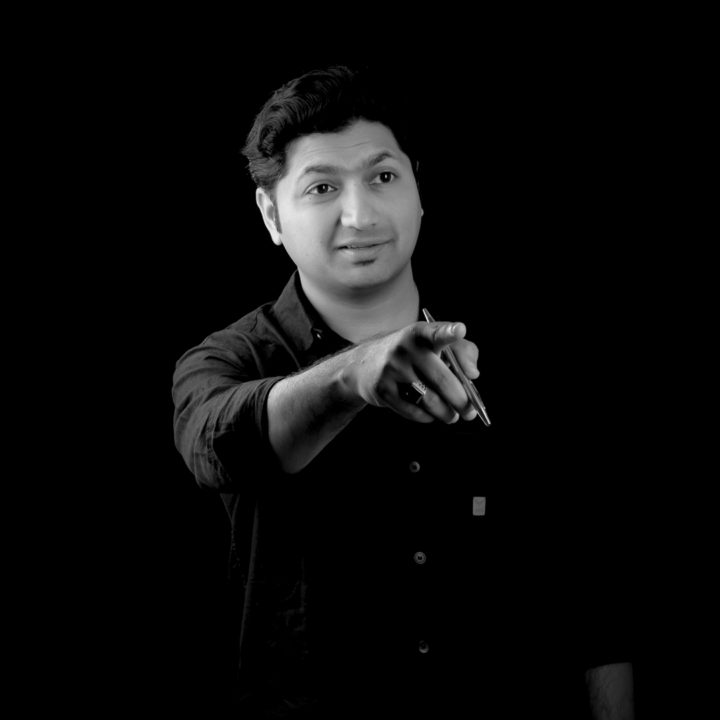Feb 09 2014
It was on a late Friday afternoon and less than an hour remained for the Maghrib adhan to be sounded. Birds and insects had begun their Tasbih-centric orchestra, glorifying their benevolent Lord and singing His praises.
Returning after meeting a yellow metal magnate in the neighborhood, the car stopped by a humble town called Melattur. I, along with my two co-travelers, decided to try our luck to check out the much talked but less-seen mystic scholar.
After climbing stairs in the G+1 building, we reached a shop-room outside which a pair of sandals was found. We knocked the half-opened door. There appeared a 70-something man hastily writing a piece sitting on the ground and resting the paper on his bed. Books, books and books covered the three walls there. A few pairs of clothes hung on a string. He didn’t have a place to sit, let alone to entertain for his three young and curious visitors.
Nevertheless, he warmly asked us to sit in wherever space was available. He gestured me personally to sit on the chair. But common sense didn’t allow to rest at an altitude higher than the sea-like scholar, popularly called C Hamsa.
He’s known to be a master in seven languages and written books on Sufism and history. He’s translated Rumi’s magnum opus Masnawi from the original Persian and also Zainudhin Makhdum’s Thuhfathul Mujahideen, hailed as the first written historical account of Kerala.
The silent scholar is not a regular darling of the religious establishments. He rarely attends phone calls and, though has a laptop, does not bother to check emails. Taking advantage of this rare opportunity of meeting him, I blatantly bombed him with a host of questions to which he very patiently answered.
Tasawwuf
‘Sufism is neither academic nor a customary ritual. It is a highly personal experience. It is very unlike the cult practices observed by some modern movements. When someone asked a halwa-seller about the taste of his commodity, he asked them to taste it on their own. Many of those who voluminously write and speak about Tasawwuf have no idea of its inner experience.
And as Iqbal pointed out, Sufism is also a subjective experience. You cannot win it with objective argumentation.
You need a link to connect with the Holy Prophet (Sallallahu alaihi wa sallam) and ultimately with the Creator. But one should not resort to factionalism and make it into a movement.
Differences
Differences among various Muslim denominations don’t matter as long as one is sincere in their reasons for such diversions.
Writings
Blogs are plenty but they are not a serious form of writing.
Literal translations do more crime against its original authors than good. I once prayed for the death of a translator for the utter poor translation of a great scholar of Islam.
Distraction
Sufi masters prescribe 40 days of seclusion. But nowadays we can’t focus even four hours.
@ Speed
When one of us said, ‘The World is fast paced’, he remained silent for sometime. He then asked ‘is it really so fast’.
Mentor
There will always be a Murabbi sheikh in this world. ‘I hold on to two things the Prophet left behind. The Holy Quran and Ahl Bait (his progeny)’.
It was dark as we left the rebel thinker. Just as he came to the door to bid us farewell, we heard a bus full of children shouting slogans at their victory in inter-madrasa competitions. The Maghreb adhan was being sounded. ‘This is certainly not the kind of religious activism I believe in’, whispered the silent mystic of Melattur.


